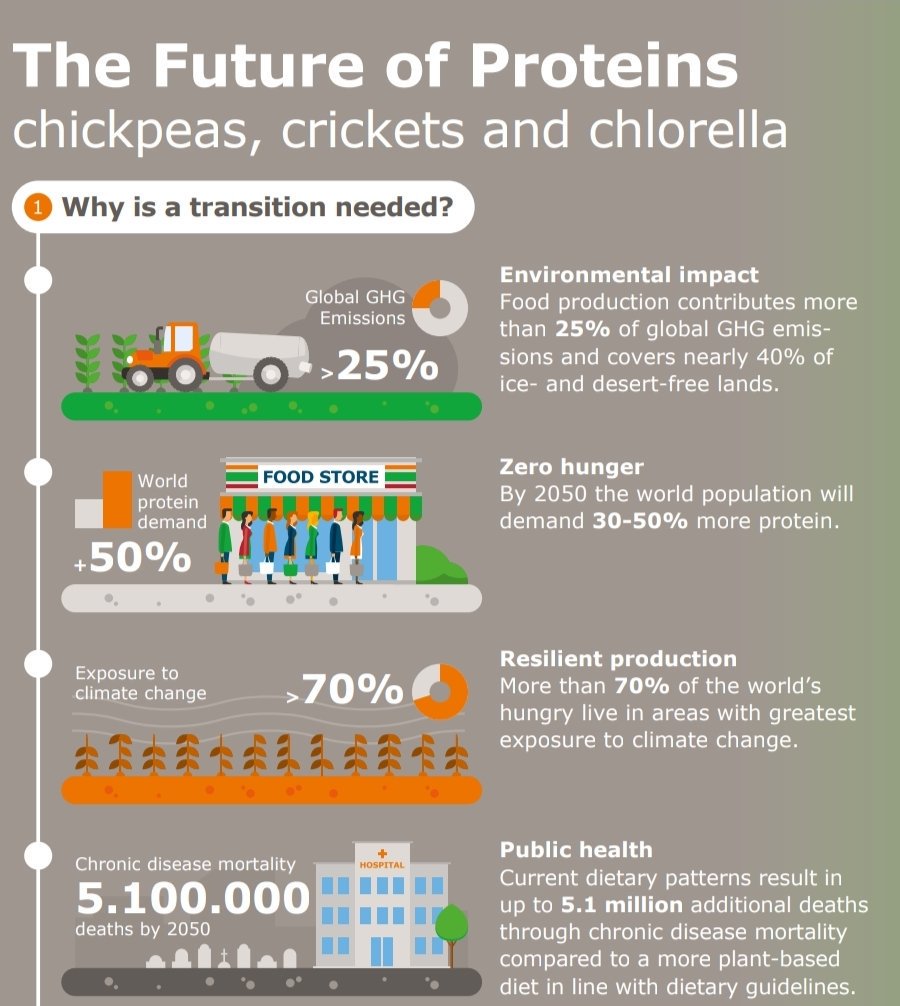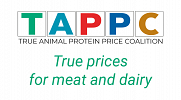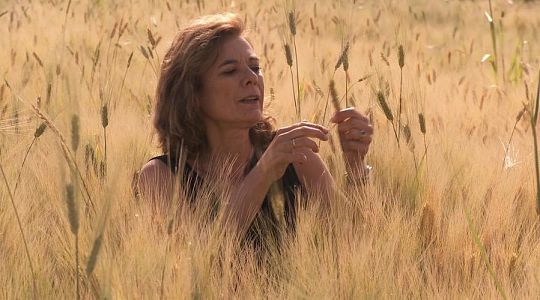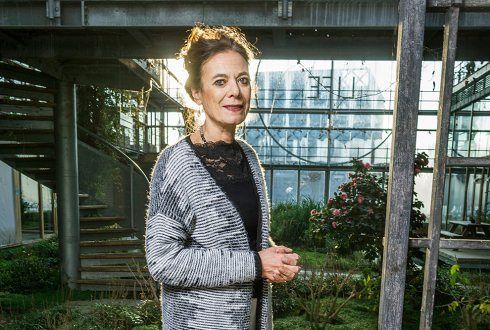Message Wageningen University for COP25 Summit Madrid and EU: promote 'Protein' Pricing strategies and UN Food & Agri action
The Wageningen University President of the Board, Louise Fresco, promotes two important international food strategies ,.relevant for the Climate Summit 2-13 December in Madrid and the EU agriculture subsidy reform :
1. Making healthy, plant based food cheaper and meat products more expensive.
2. Adopt a UN agreement on Food & Agri and start a UN Food Panel, comparable with the IPCC and the Paris Climate Agreement.
This was presented 18 September 2019 during the Mansholt lecture 'The Future of Protein's in Brussels.
Louise Fresco and other scientists said that OECD countries need to reduce animal protein consumption, e.g. by introducing 'true price' strategies including environmental costs. Animal feed should be based as much as possible on products not suitable for human consumption. Only 10 kg meat per person per year is a sustainable way of consuming meat. Most OECD countries nowadays have a consumption of 40 kg meat per person or more.
Sources: https://www.wur.nl/en/activity/Mansholt-Lecture-2019.htm
The Wageningen University proposal for a UN Food & Agri Agreement and Panel can be read here:
https://resource.wur.nl/en/show/Fresco-pleads-for-international-food-treaty-and-food-panel.htm
This proposal is very relevant for the Climate Summit (COP25) in Madrid, 2-13 December 2019.

Louise Fresco also published an advice from Wageningen University for the new EU agriculture subsidy scheme for the next 7 years (2021-2027). The most important message to the EU Commission and to EU members states for the Common Agriculture Policy (CAP) is:
Make our diets more healthy and sustainable with a price that factors in true cost
"A food policy should, first of all, deliver a diet to the 500 million European consumers which is healthier and more sustainable. People in Europe today consume an excessive number of calories and their diets are unbalanced, containing too much red meat and not enough fish, fruit and vegetables. Balancing diets will to a large extent go hand in hand with making them more climate-smart. The first step in realising this will be to make consumers pay the true cost of food and remove price distortions. This should include environmental costs such as CO2 emissions, for example, applying a polluter pays principle along the food chain (including in farming) and emission trading".
Source: Towards a Common Agricultural and Food Policy, 2016, page 31
https://www.wur.nl/upload_mm/6/b/c/11791580-8cfd-4f29-a8ad-2d9748c787d0_Towards_CAFP_LR.pdf
Different ngo's, food multinational companies and banks support this vision of the Wageningen University for a greening the EU CAP, start UN action for Food and Agri Wand include UN Food & Agri goals within the Climate Summit (COP 25) and the Paris Climate Agreement. This can be read for instance in this report by Compassion in World Farming: Brochure ‘Why we need a UN framework convention on food and agriculture’ from Peter Stevenson: https://www.ciwf.org.uk/media/7434886/ciwf-why-we-need-a-global-agreement-on-food-and-agriculture.pdf
Unilever also shares a vision of radically transforming the food system globally:
http://businesscommission.org/our-work/valuing-the-sdg-prize-in-food-and-agriculture
The vision for completely changing the Food & Agri system is also clearly written in the Triodos Bank report on food: https://www.triodos.com/press-releases/2019/triodos-bank-calls-for-complete-change-of-food-and-agriculture-system
Another example is the Rethinkx report (for investors) about the ‘fastest, deepest and most consequential disruption of agriculture in history: https://www.rethinkx.com/food-and-agriculture
European environmental and nature ngo's with the EEB support radical change in food systems too, like a reduction in livestock production and meat consumption:
Here is EEB's advice for the EU Green Deal on agri & food and on carbon pricing (100 euro/ton CO2 eq in 2030): https://mk0eeborgicuypctuf7e.kinstacdn.com/wp-content/uploads/2019/11/Priorities-for-the-EGD-and-8EAP.pdf





